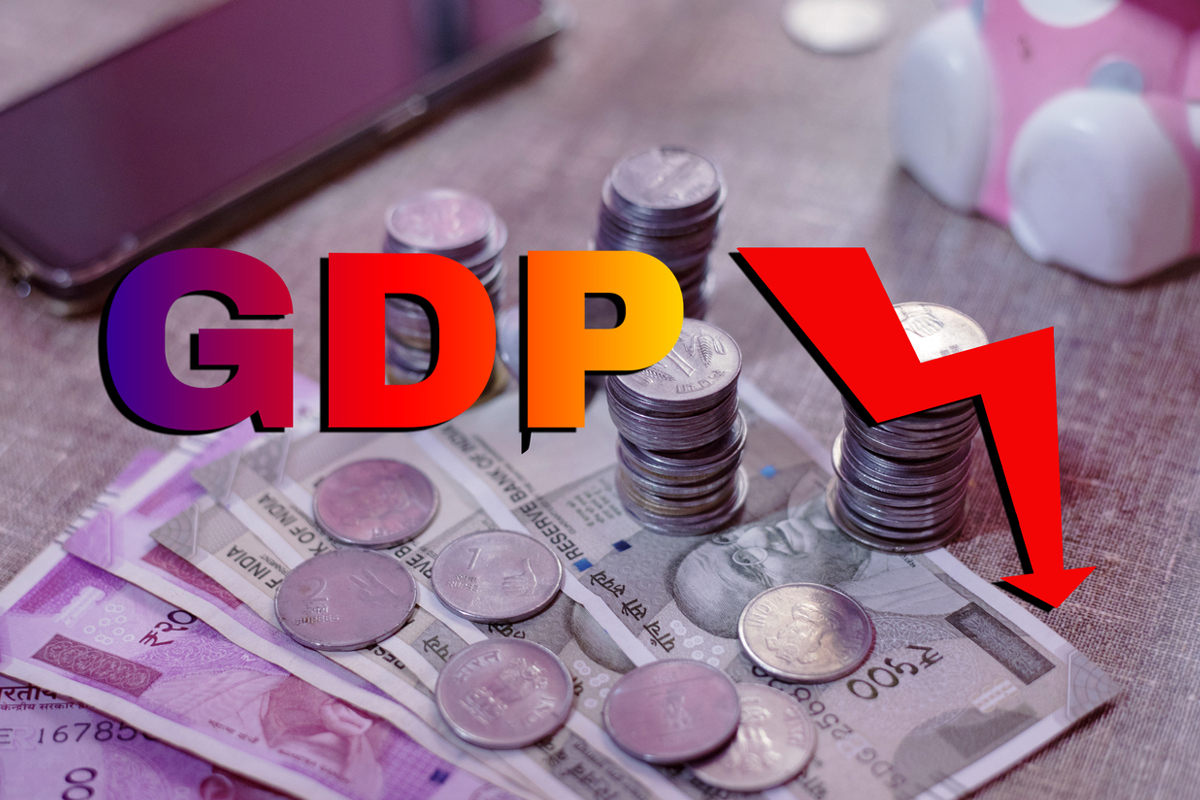Earnings season, global cues to shape market trends
Markets will continue to focus on the earnings season and global cues in the upcoming week.
On the exports front, official data has shown that the nation’s shipments contracted by a record 60.28 per cent to $10.36 billion in April amid the lockdown. It has led to large-scale disruptions in the supply chains and demand structure leading to cancellation of orders.

(Representational image: iStock)
With Lockdown 4.0 coming to an end on Sunday (31 May), the government will have to be very cautious in deciding the future course of action. While lifting the lockdown may add to health risks, extension will virtually bring the nation’s economy to a standstill.
For if the lockdown continues indefinitely, the country’s teeming millions will ultimately face starvation due to nonavailability of essential goods.
The law and order situation will also deteriorate drastically.
Advertisement
Hence authorities would do well to focus on other measures to fight the virus and not only on a lockdown, and adopt a calibrated approach that kick-starts economic activity while addressing public health concerns.
The country’s manufacturing sector witnessed unprecedented contraction in April amid lockdown restrictions.
Business orders have collapsed and the corporate sector has reduced staff alarmingly. Falling demand forced manufacturers to so drastically cut staff strength that in April the cut was the fastest in 15 years, according to figures. Services sector activity has also subsided to record lows following the lockdown.
The IHS Markit India Services Business Activity Index crashed to 5.4 in April from 49.3 in March.
This is a historic fall, according to analysts. The Composite PMI Output Index that measures combined services and manufacturing output, sank to 7.2 in April from 50.6 in March, also indicating the sharpest fall in economic activity since data collection by the agency began in 2005.
Mr Joe Hayes, economist at HIS Markit says: “It is clear that the economic damage of the Covid-19 pandemic has so far been deep and farreaching in India, but the hope is that the economy has endured the worst and things will begin to improve as lockdown measures are gradually lifted.”
Crisil has already warned that India’s worst recession is here. The rating agency has warned that GDP may contract by 25 per cent in the first quarter of this fiscal and that 10 per cent of GDP in real terms could be lost permanently.
Other indicators are that the aviation sector is set to crash this fiscal with a massive revenue loss of about Rs 25,000 crore. Airlines will be among the worst affected contributing more than 70 per cent of the losses (around Rs 17,000 crore). Airport operators are likely to suffer losses of about Rs 5,500 crore with airport retailers facing a hit of Rs 1,700 crore to Rs 1,800 crore.
On the exports front, official data has shown that the nation’s shipments contracted by a record 60.28 per cent to $10.36 billion in April amid the lockdown. It has led to large-scale disruptions in the supply chains and demand structure leading to cancellation of orders.
These stories are repeated across sectors, not the least high employment generators such as media and entertainment. While the lives of citizens are precious, measures other than lockdowns must now be considered. If we are to die, let it not be because of hunger.
Advertisement